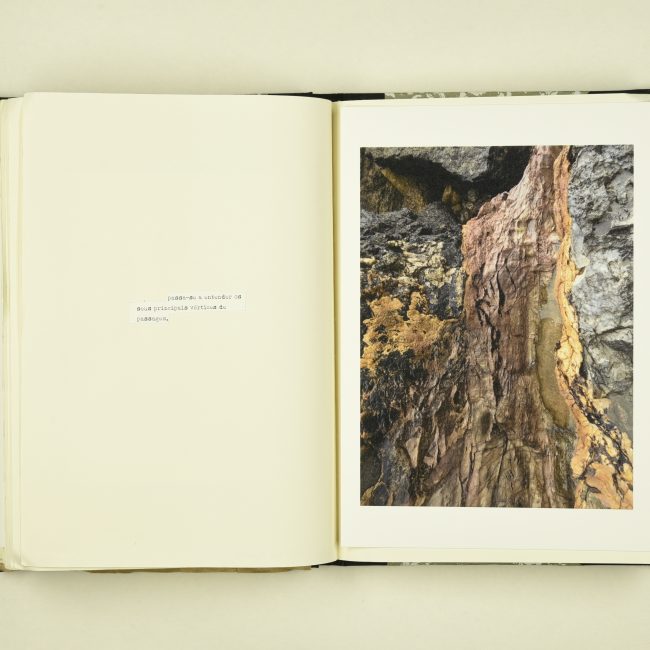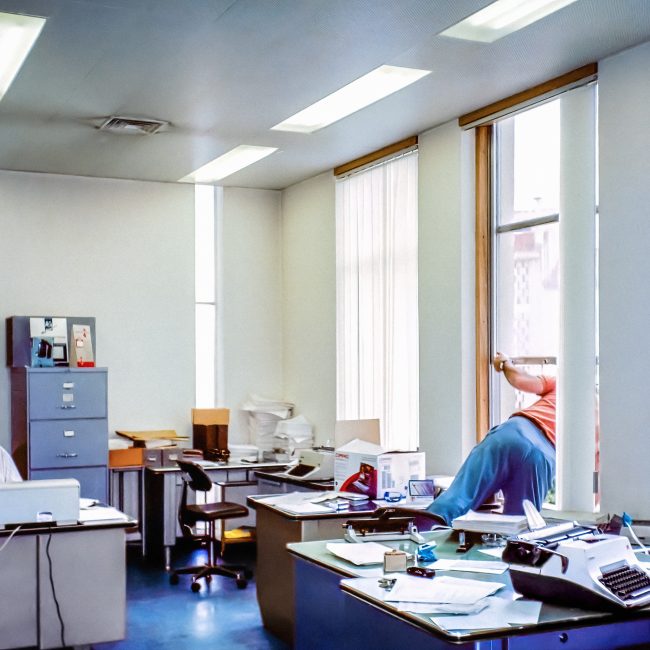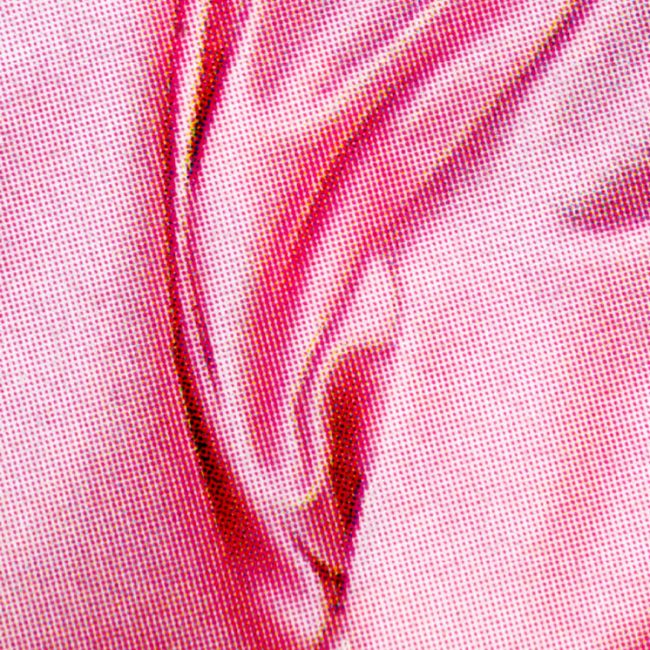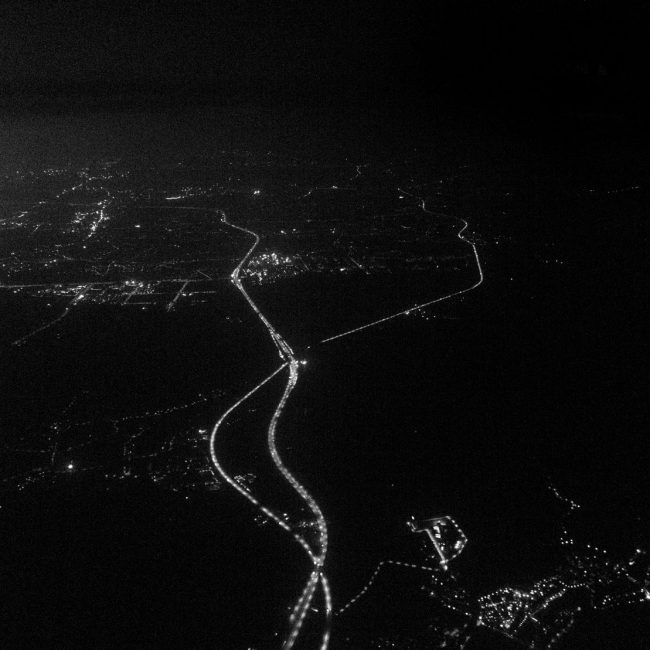ar.co
ART AND VISUAL COMMUNICATION CENTER
ABOUT THE INSTITUTION
Founded in 1973 as an independent art school, Ar.Co is dedicated to the experimentation, training and divulging of arts, crafts and visual communication.
From early on in the school’s history, the alternative nature of the pedagogic project has consisted mainly of bringing together a strong emphasis on practice, a daily multi-disciplinary atmosphere and a view of artistic training as a service that should “make a difference” for a public with the most diverse objectives.
The main training areas – Drawing, Painting, Photography, Jewellery, Ceramics, Illustration/Comics, Cinema/Movement Image, Art History and Theory, Individual and multi-disciplinary projects – offer complete professional programs, as well as topical opportunities for an introduction to a particular technical/aesthetic area, or for professional recycling. The therapeutic dimension of the training in the arts is, likewise, not forgotten.
As part of the overall training program, Ar.Co frequently promotes conferences and informal meetings with specialists in a number of different areas and organizes public exhibitions of the students’ production and, eventually, of national or international production in one or more areas connected to its departments’ activities.
Ar.Co collaborates regularly with other schools and institutional or private entities, both national and international, promoting initiatives relevant to the school’s objectives and voccation.
Ar.Co is a non-profit cultural association of public utility.
PHOTOGRAPHY COURSES AND CURRICULAR UNITS
The artistic exploration is the pedagogical axis in the teaching of photography at Ar.Co – Centro de Arte e Comunicação Visual since 1973, date of the first initiation courses. This exploration has always been based on a comprehensive conception of photography, on dynamic and personalized teaching and learning processes, which privilege the practical experience of photography and its constant reformulation processes.
The pedagogical programs have, however, this double operative axis that moves between the experience of learning by doing and a constant aesthetic reflexivity, and it is never too much to say that it is these two operations together that set in motion the process of invention – let’s say, the art of the student inventing himself.
Nowadays, to talk about the pedagogical directions of art education or even its pedagogical tasks is commonplace. The school’s thinking, always postponed and deterred, waited for by the disaster of endless curricular experiments, is not grounded in artistic thinking, the very thing that seemed to inspire it. The battle has been lost within the school itself, much by virtue of art education (and photography in particular) being increasingly prescriptive and programmatic. Art and school have a common destiny that should not be settled (or pacified) but should preserve their condition of sensitive instability.
Pedro Tropa
BASIC PHOTOGRAPHY COURSE
A regular 2-year course aimed at learning and developing technical and creative skills in photography.
The camera and the point of view; black and white laboratory; digital photography; lighting; color in photography; alternative analogical techniques and processes; History of photography and Projects. Progressive and personalized follow-up of the participants’ work, with special attention given to projects of authorial and artistic development.
ADVANCED COURSE OF PHOTOGRAPHY
The Advanced Course of Photography is a one-year program oriented towards photographic production as a means of artistic and practical representation. It constitutes an important complement to Ar.Co’s Basic Photography Course, although it may be attended independently by external public, subject to evaluation of the candidate’s training. The curricular structure emphasizes advanced training in practical and theoretical terms, considering conceptual, aesthetic and technical aspects of photographic practice and promoting the development of personal projects. Seminar with guest lecturers.
contacts
- Old Xabregas Market
Rua Gualdim Pais
1900-255 Lisboa - tel: +351 21 880 10 10
- arco.pt







